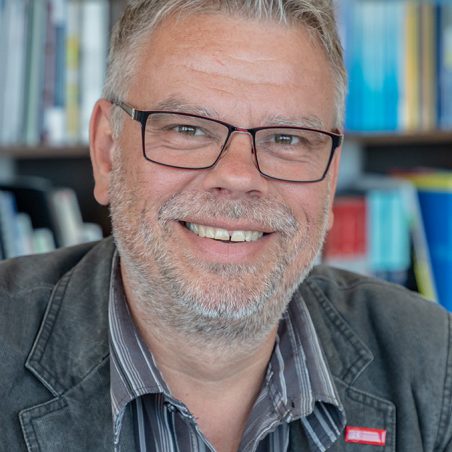
Thomas M. Deserno
Peter L. Reichertz Institute for Medical Informatics of TU Braunschweig and Hannover Medical School, Braunschweig, Germany
Title of Talk
“Transforming smart environments into diagnostic spaces”
The World Health Organization (WHO) defines – among others – environmental, behavioral, physiological, and psychological domains as being important to assess individual health, wellbeing, and quality of life. We aim at unobtrusively measuring parameters from all these domains simultaneously, integrating contactless sensors into smart human environments such that homes and vehicles. In contrast to smart implants, wearables or clothes, both environments provide battery-less power supply, computational and storage resources, and internet connection. All sensors are integrated and synchronized using bus systems such as the CAN and BASIS for cars and homes, respectively. Sensor reliability is derived from multi-modal data. By this, we transform smart environments into private diagnostic spaces. Then, such spaces support a personalized and continuous health monitoring of individuals, where sensors may be adopted to the specific needs of the subject. Two examples are given: (i) fall detection in smart homes and (ii) in-vehicle heart rate monitoring to recognize atrial fibrillations that may result in a stroke. These examples emphasize the potential of such diagnostic spaces. At first, identifying individual changes allows to take action before adverse events such as fall or stroke occur, and secondly, identifying adverse events allows to call for help automatically, without any human in the loop.
Speaker Bio
Prof. Dr. Thomas M. Deserno (born as Lehmann) received the Diploma (Masters’ degree) in electrical engineering (School of Engineering), the PhD (summa cum laude) in computer science (School of Science), and the habilitation in medical informatics (School of Medicine) from the RWTH Aachen University, Aachen, Germany, in 1992, 1998, and 2004, respectively. Between 2007 and 2017, he was full professor of medical informatics at Uniklinik RWTH Aachen. Since 2017, he is CEO of PLRI Campus Braunschweig.
Among more than 100 outstanding research papers, Dr. Deserno co-authored a textbook on image processing for the medical sciences (Springer, Berlin, 1997) and edited the Handbook of Medical Informatics (Hanser, Munich, 2005) as well as a book on Biomedical Image Processing within the series on Biological and Medical Physics, Biomedical Engineering (Springer, Heidelberg, 2011).
His research interests include medical image processing applied to quantitative measurements for computer-assisted diagnoses, medical research in controlled clinical trials, as well as seamless workflow integration of image and signal analysis into the user’s workflow, in particular for applications in accident and emergency informatics.